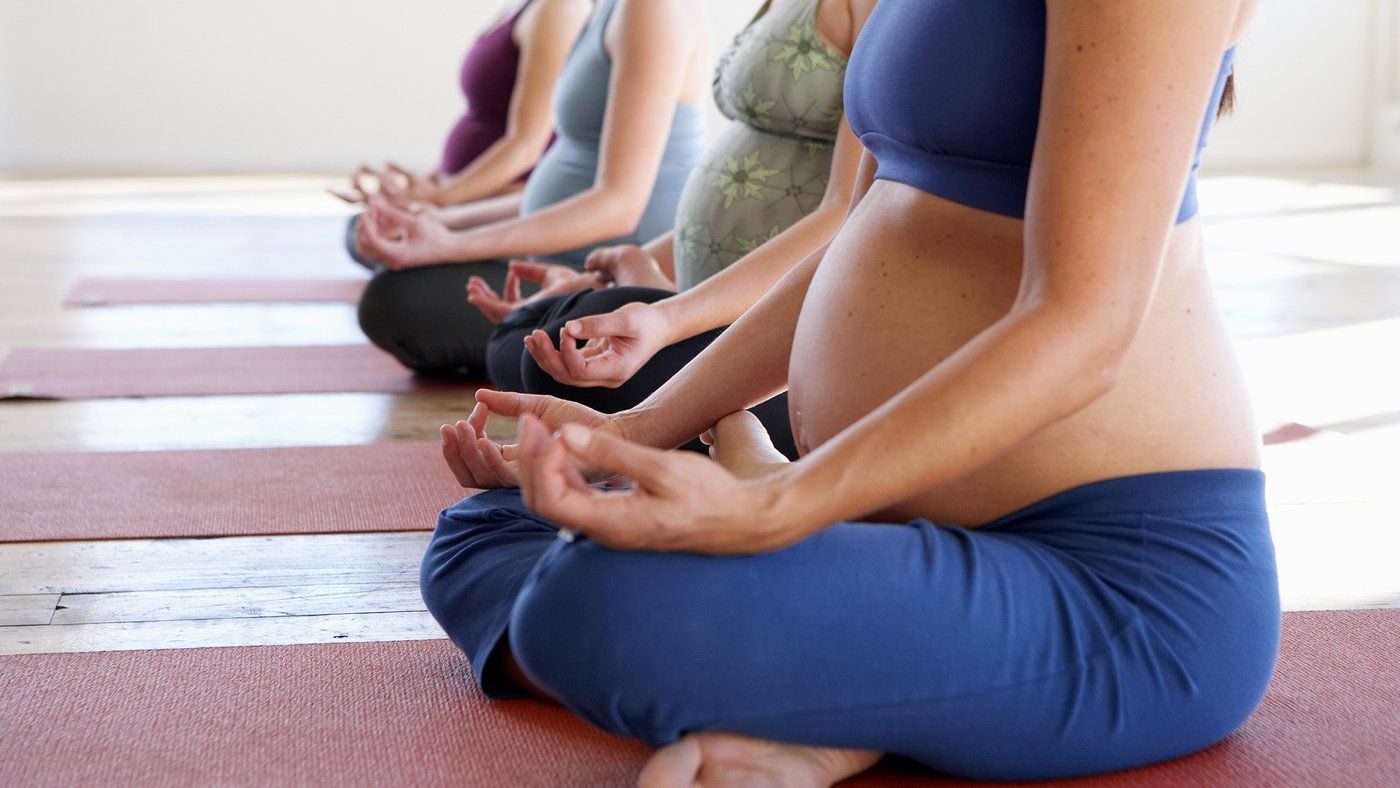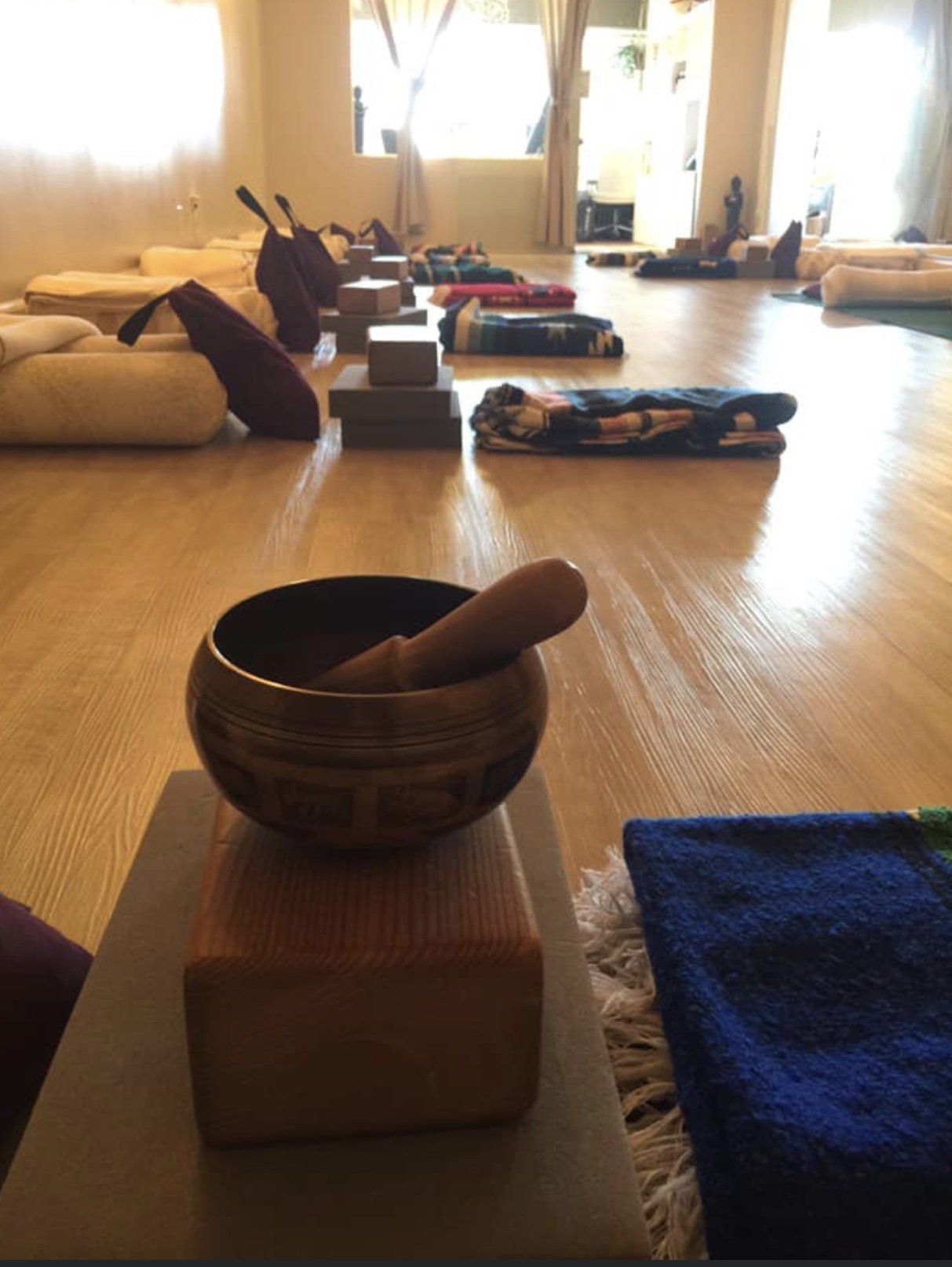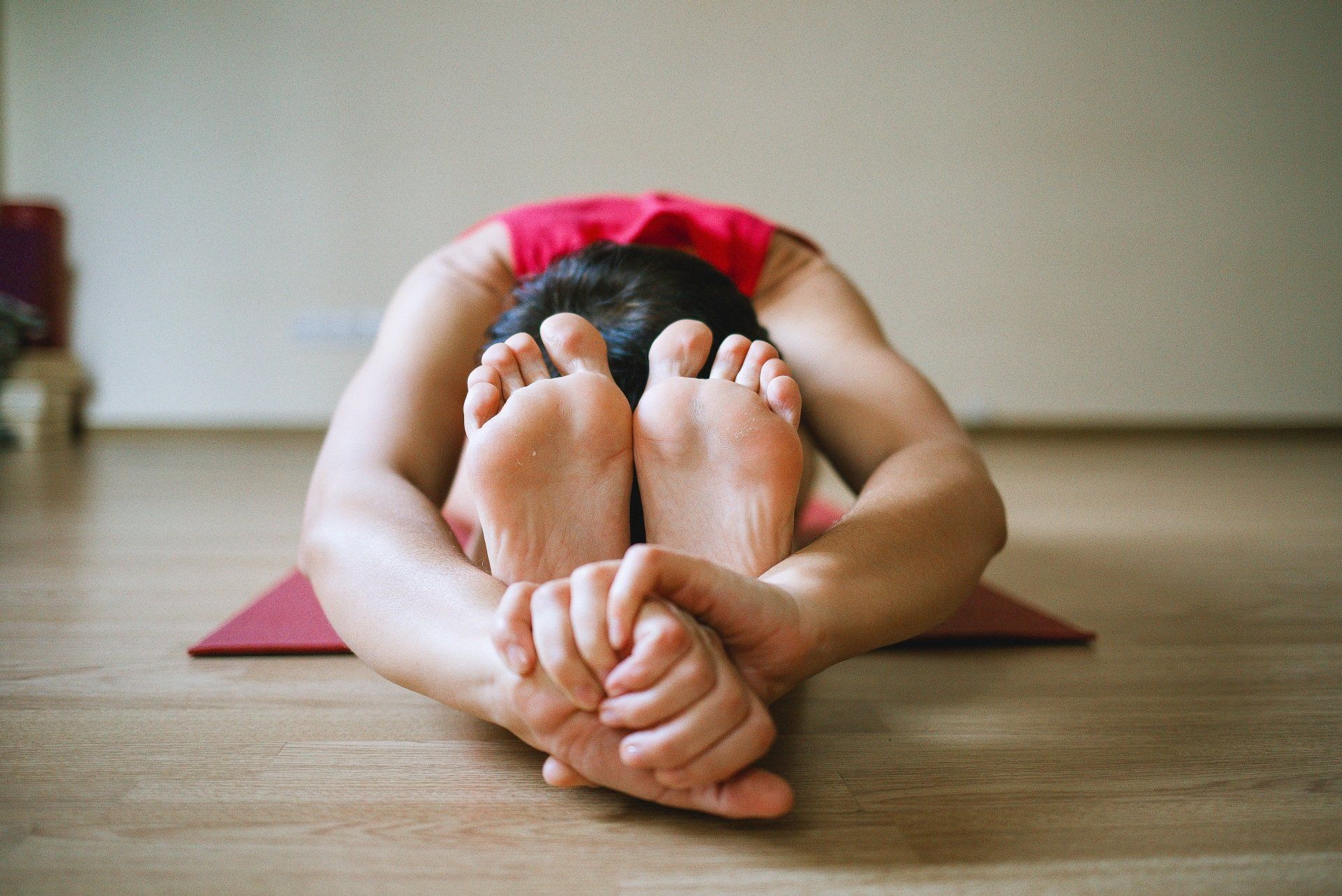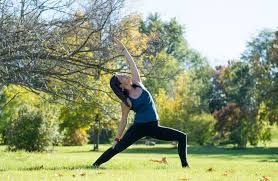How Yoga Nidra Can Help You Get More Sleep
- By Karen Bondy
- •
- 25 Sep, 2018
- •
Need a nap? Yoga nidra may be the key to feeling well-rested. Here’s how “yogic sleep” can be even more effective than conventional sleep.
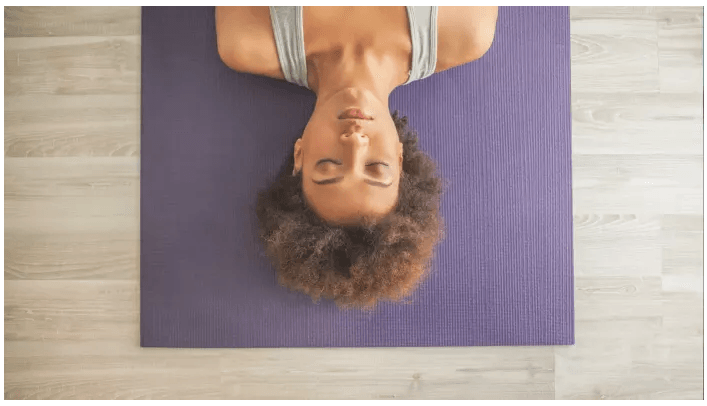
Each time you practice yoga nidra meditation, you’re stilling the waves of the mind through conscious entry into the sleep state. How?
You start with sensing the body and breathing in specific ways in order to trigger the relaxation response. The relaxation response balances the sympathetic and parasympathetic nervous systems, and balances the left and right brain. In the process, your brain shifts from beta, an awakened state with lots of brain activity, to alpha, a more relaxed state. In alpha, the mood-regulating hormone serotonin gets released, and this calms you down.
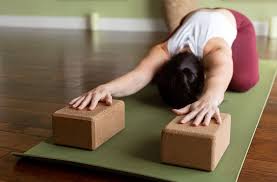
Inhale: 1-2-3-4-5. Exhale: 1-2-3-4-5. If you’ve been doing breathing exercises to feel calmer, happier, and more focused, you know how soothing yoga is.
Despite being an ancient practice, yoga has become increasingly popular, and for good reason. It is suitable for people of all ages and effective for treating chronic conditions.
Interestingly, scientists have discovered that this practice has several mental health benefits. Let’s explore the relationship between yoga and well-being, as well as the evidence-based benefits of yoga.

So, it’s THAT time of year again. The cards are out, flowers and chocolates in the shops, and the candlelit tables are all booked up weeks in advance. With good reason, many of us find it all rather superficial and insincere. Perhaps some of us might join the cynical chorus asking why we need a specific day to express our affection for someone else. We may even go as far as to accuse the the forces of capitalism of driving demand for “stuff”. But I’m not here to monologue on the meaningfulness of St. Valentine’s Day, and I’m certainly not here to criticise anyone for wanting to express themselves or to show affection for someone else (we all need to be doing this more, not less).
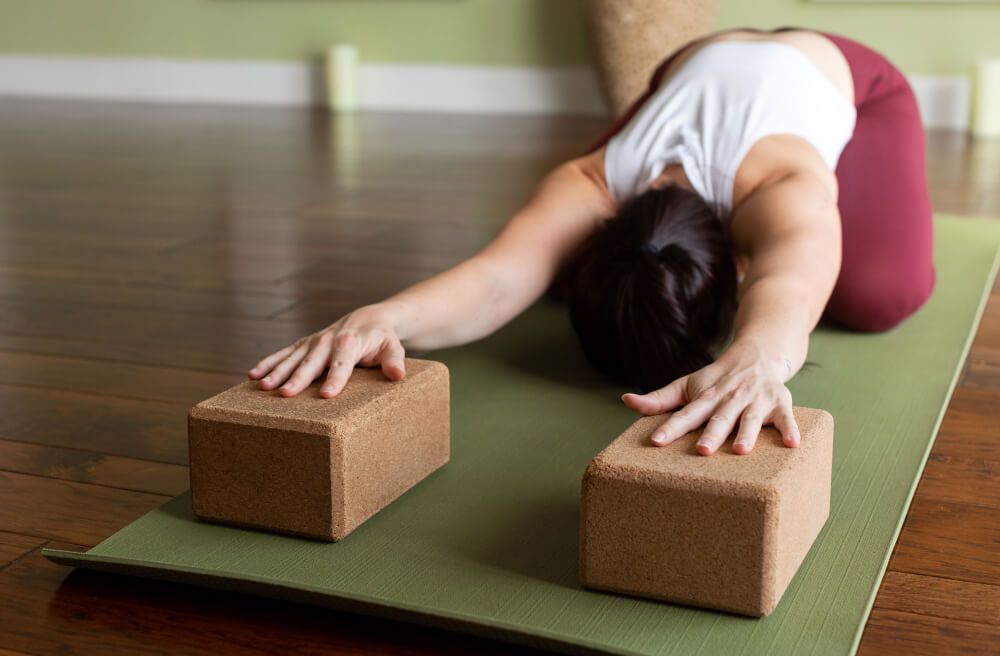
Can yoga reduce anxiety?Yes! Many studies have demonstrated the effectiveness of yoga in reducing stress, anxiety, and depression. In one study, women who participated in a three-month yoga program experienced significant improvements in perceived stress, anxiety, and depression. In another study, ten weeks of yoga helped reduce stress and anxiety for participants.

Happy New Year yogis! I’ve often found this time of year to be especially powerful in enhancing my yoga practice. Of course, yoga is always a powerful practice, but the gift of the new year brings deep reflection and introspection that can amplify processes of self-inquiry, expanding our spiritual awareness and commitment to yogic living.
